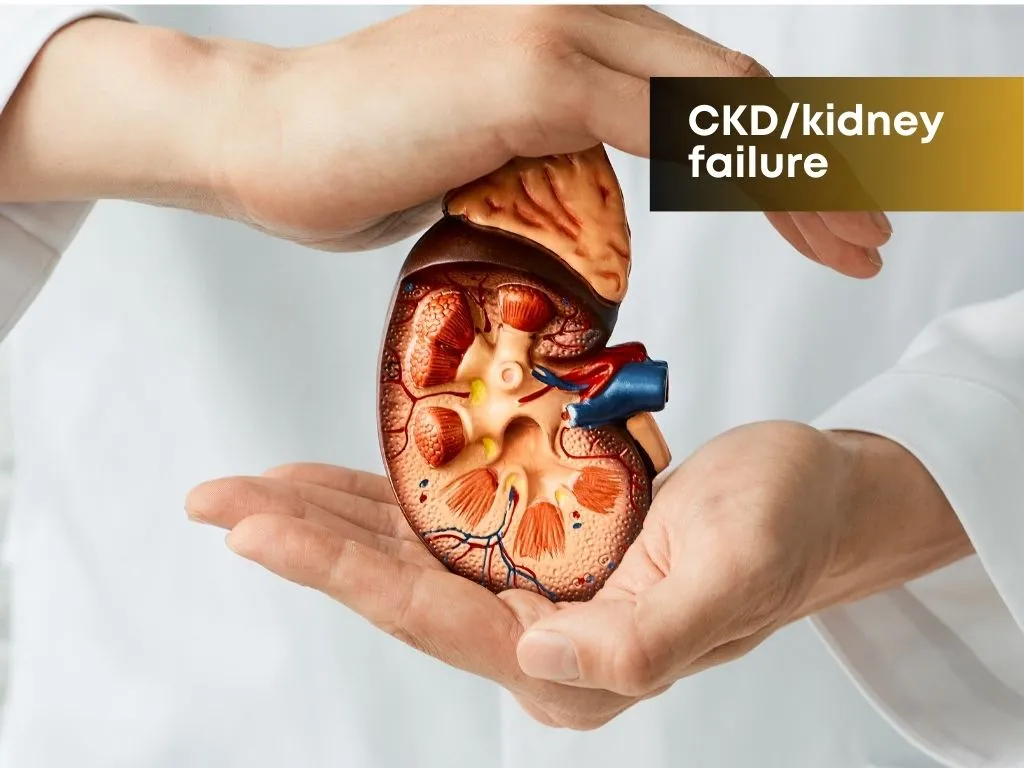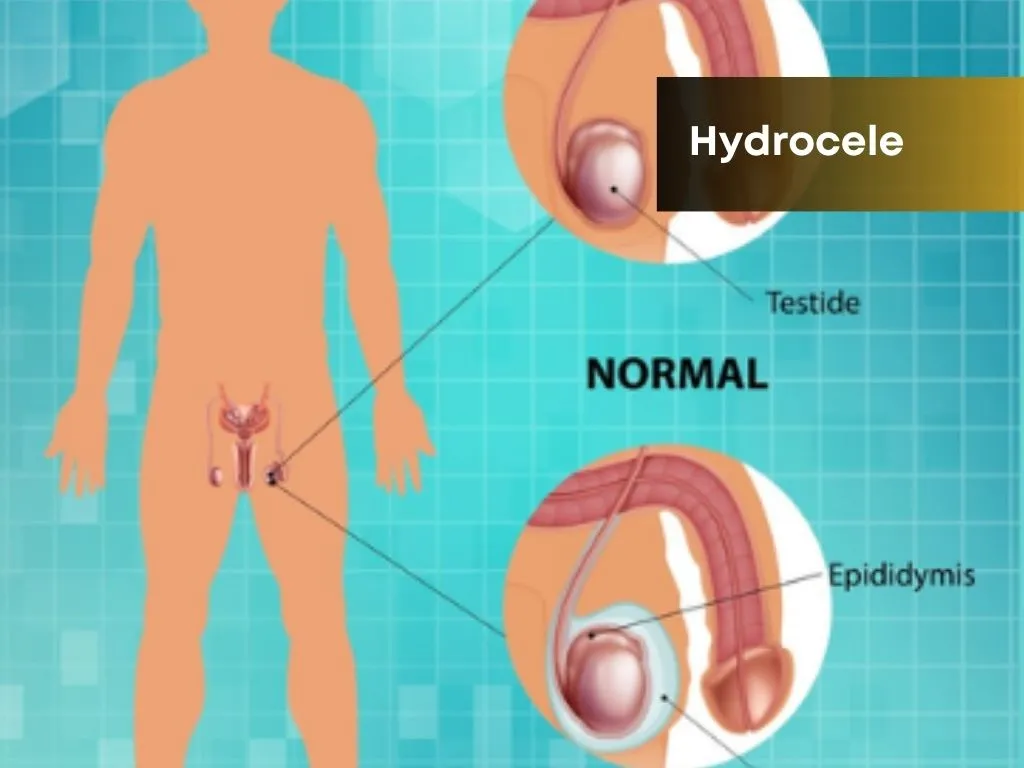Overview
Chronic Kidney Disease (CKD), also known as chronic renal failure, is a condition characterized by the gradual loss of kidney function over time. The kidneys play a crucial role in filtering waste products and excess fluids from the blood, regulating electrolyte balance, and producing hormones that regulate blood pressure and red blood cell production. When the kidneys are damaged or unable to function properly for an extended period, CKD develops.
Causes
As CKD progresses, complications can arise, such as anemia, bone disease , cardiovascular disease, and kidney failure, where the kidneys can no longer function adequately to sustain life.
It can be caused by various factors, including:
Diabetes: High blood sugar levels can damage the kidneys over time.Hypertension (high blood pressure): Elevated blood pressure can strain the kidneys and impair their function.Glomerulonephritis: Inflammation of the kidney's filtering units can lead to kidney damage.Polycystic kidney disease: Inherited disorder characterized by the growth of cysts in the kidneys, leading to damage.Autoimmune diseases: Conditions like lupus or certain infections can cause kidney damage.Obstructive conditions: Conditions like kidney stones or tumors can obstruct the urinary tract and impair kidney function.
Symptoms
Chronic Kidney Disease (CKD) Fatigue and WeaknessSwellingChanges in UrinationDifficulty Concentrating and Mental FogDecreased AppetiteInsomnia and Restless Legs SyndromeMuscle Cramps and WeaknessShortness of BreathHigh Blood Pressure
Treatment: Modern Medicine
MedicationsBlood pressure medicationsDiureticsPhosphate bindersErythropoiesis-Stimulating Agents (ESA)DialysisKidney Transplant
Treatment: Traditional Medicine
Dietary ChangesHerbal Teas
Caution
Avoiding NSAIDsSmoking and AlcoholMedication Management
Prevention
Lifestyle ModificationsExerciseStress ManagementHydration
 Nalamaree Team
Nalamaree Team





















.jpg.webp)
